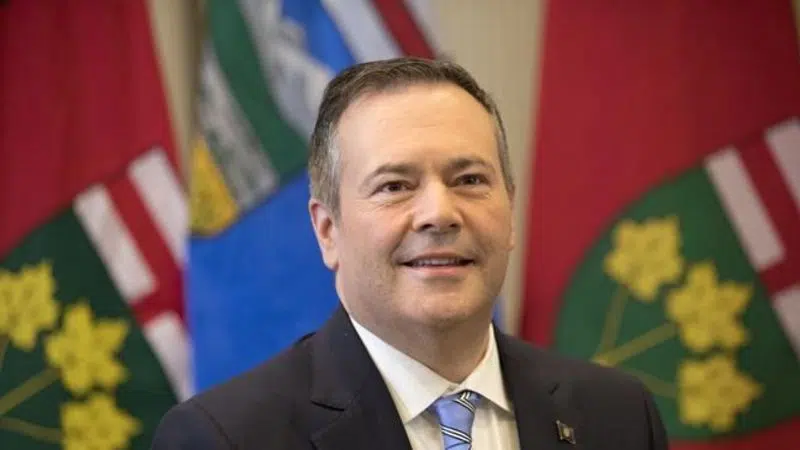
Alberta premier Jason Kenney says provincial carbon tax will die May 30
EDMONTON — Premier Jason Kenney says Alberta’s carbon tax has about two weeks to live.
Kenney says the Carbon Tax Repeal Act is to be introduced during next week’s legislature sitting and will have a proviso to end the tax by the end of the month.
“By May 30th there will no longer be an Alberta carbon tax,” Kenney said Monday at a news conference outlining some of the legislation coming from his new United Conservative government.

